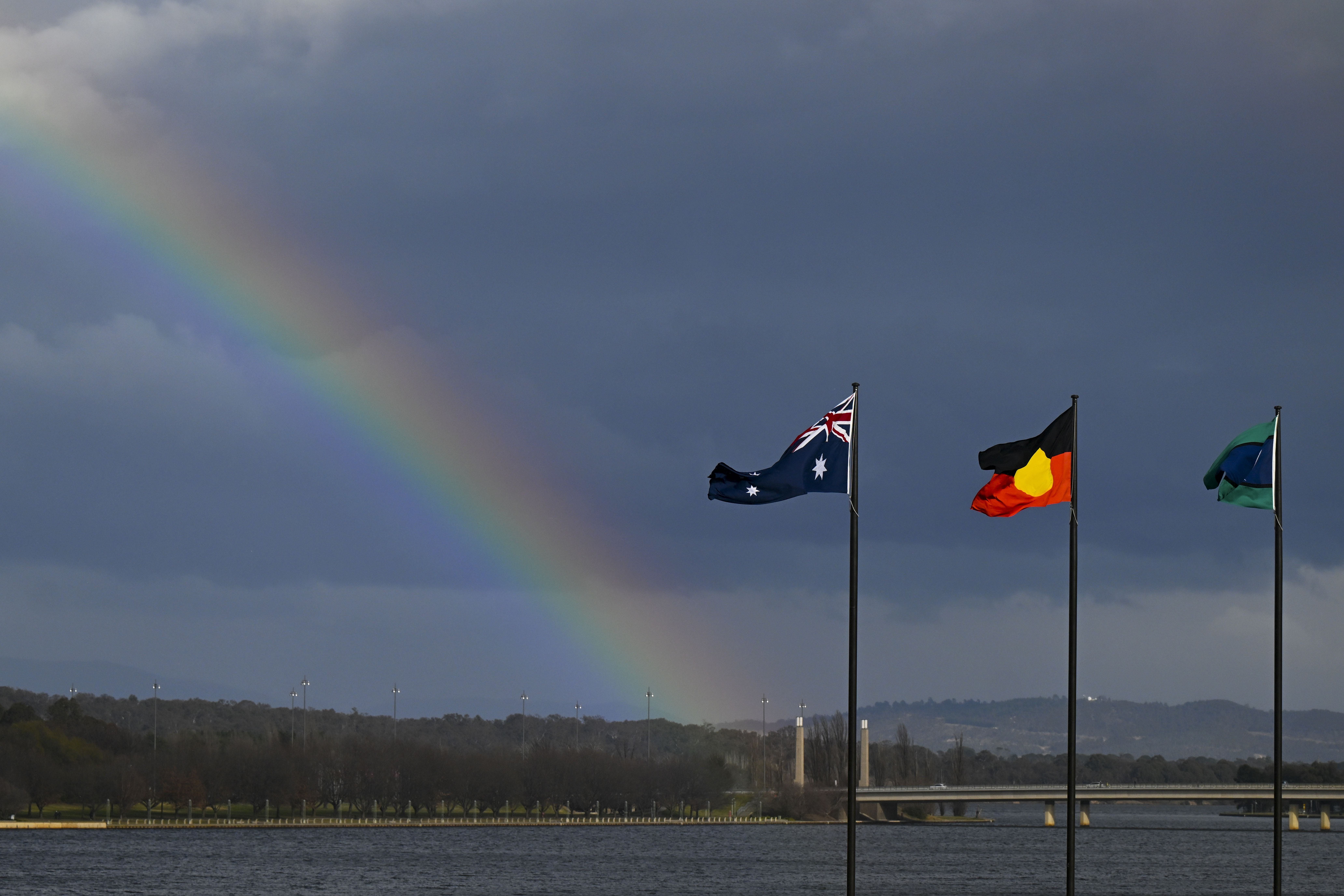Australians will vote on Saturday in a referendum on whether an Indigenous Voice to Parliament should be enshrined in the constitution. “The Voice,” as it has become known, would establish an advisory body to the government on issues that affect Aboriginal and Torres Strait Islander Australians. Importantly, it would have no legal power to enforce its recommendations.
Background. Indigenous Australians, also known as the First Australians, include hundreds of thousands of Aboriginal and Torres Strait Islander people who have lived on what is now Australian territory for thousands of years. Currently, they make up about 3.8% of the country's 26 million people.
For much of the first half of the twentieth century, Indigenous children were forcibly removed from their families as part of a government scheme to hasten the disappearance of Indigenous culture. These children, who were often placed in state-run institutions rife with abuse, became known as The Stolen Generation.
Since then, Indigenous Australians have been stuck in a cycle of poverty and are incarcerated at disproportionately high rates, currently making up 32% of the prison population.
Prime Minister Anthony Albanese, for his part, has been pushing hard for Aussies to vote “yes” in order to address historic wounds and improve living conditions for impoverished Indigenous communities.
But proponents of a “no” vote, including the opposing Liberal Party, say that creating a race-based, unelected body is divisive and will only exacerbate racial divides and have few actionable implications.
In order to pass, a majority of voters and a majority of states (four out of six) will need to vote in favor. No referendum has ever passed without bipartisan support and the latest polls show that this one is unlikely to either.